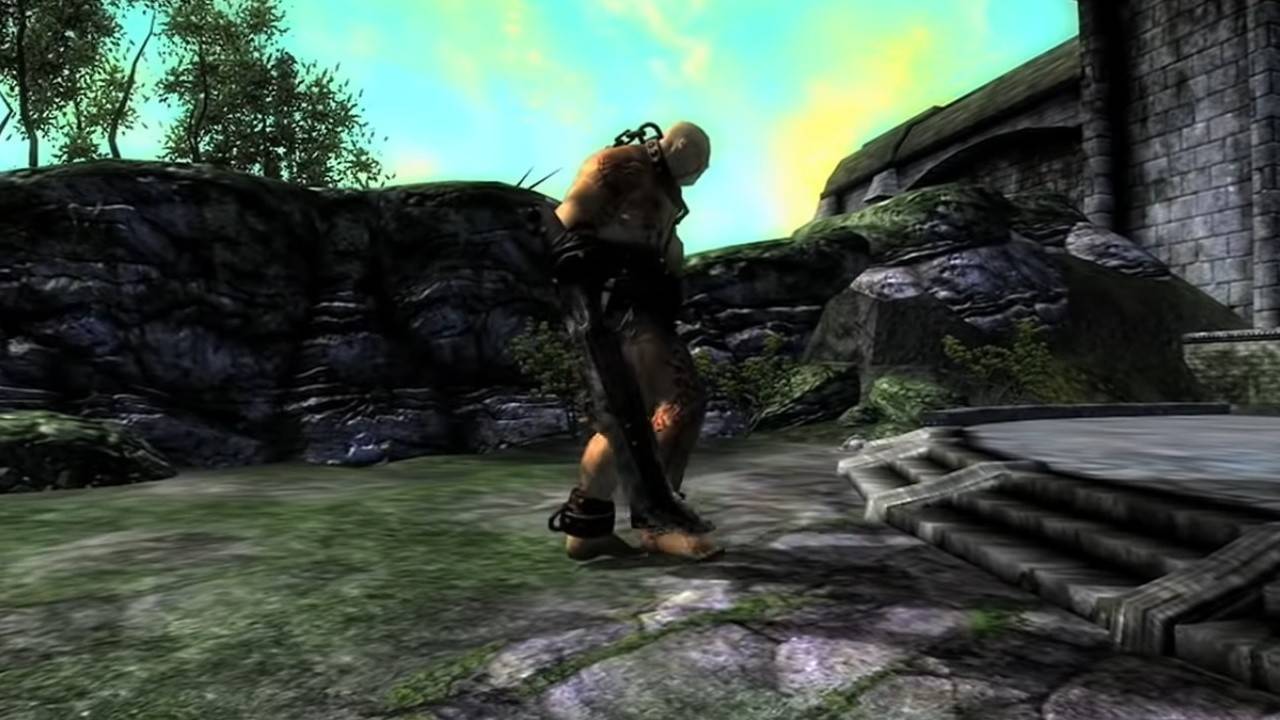![Yakuza Series Evolves with Mature Storytelling [24 characters]](https://imgs.51tbt.com/uploads/54/172584486766de4d838a426.png)
The Yakuza/Like a Dragon series, while expanding its appeal to younger and female players, remains committed to its core identity: middle-aged men engaging in relatable, middle-aged activities. This commitment was reaffirmed by series director Ryosuke Horii in a recent interview with AUTOMATON. Despite a significant increase in female fans, the developers intend to avoid altering the series' narrative to cater specifically to this demographic, prioritizing the authenticity of its "middle-aged guy" experiences.
Horii and lead planner Hirotaka Chiba believe the series' unique charm stems from its portrayal of everyday struggles and humorous situations faced by middle-aged men, mirroring the experiences of the developers themselves. This focus on relatable "humanity," exemplified by Ichiban Kasuga's love for Dragon Quest and frequent complaints about back pain, is seen as key to the game's originality. The relatable nature of these experiences makes the game immersive, creating a feeling of genuine connection with the characters, as Horii points out.
This focus on a male-centric narrative echoes previous statements. In a 2016 Famitsu interview, series creator Toshihiro Nagoshi acknowledged the growing female fanbase but emphasized that the Yakuza series was fundamentally designed for a male audience and would remain true to its original vision. He expressed a desire to avoid altering the core gameplay or narrative to overly appease female players, potentially compromising the series' unique identity.
However, this focus has drawn criticism. Some players have expressed concerns about the series' portrayal of female characters, arguing that it frequently relies on sexist tropes. Female characters are often relegated to supporting roles or are subject to objectification by male characters. The limited number of significant female characters and instances of suggestive or sexual remarks from male characters towards female characters have also been cited as problematic. The persistent use of the "damsel-in-distress" trope for female characters further fuels these concerns. While the developers acknowledge and even humorously comment on these dynamics, the concerns remain.
Despite these criticisms, the series shows signs of evolution. Recent entries have been praised for their overall quality and demonstrate a move towards more progressive themes, although occasional lapses into outdated sexist tropes still occur. Reviews like Game8's 92/100 score for Like a Dragon: Infinite Wealth highlight the series' continued success while acknowledging its ongoing journey towards more inclusive representation.

![Yakuza Series Evolves with Mature Storytelling [24 characters]](https://imgs.51tbt.com/uploads/54/172584486766de4d838a426.png)
 LATEST ARTICLES
LATEST ARTICLES 











